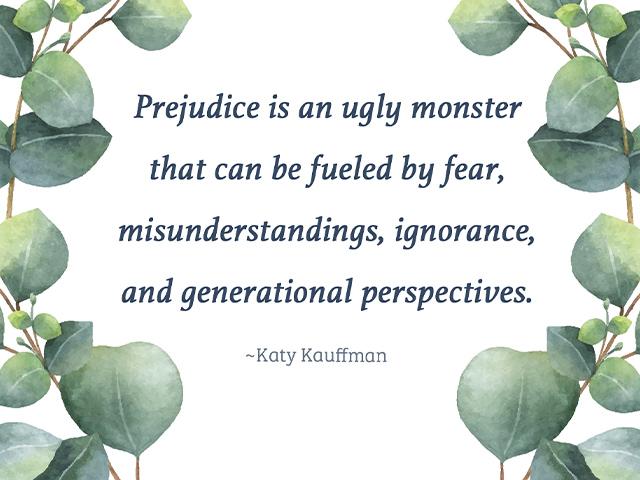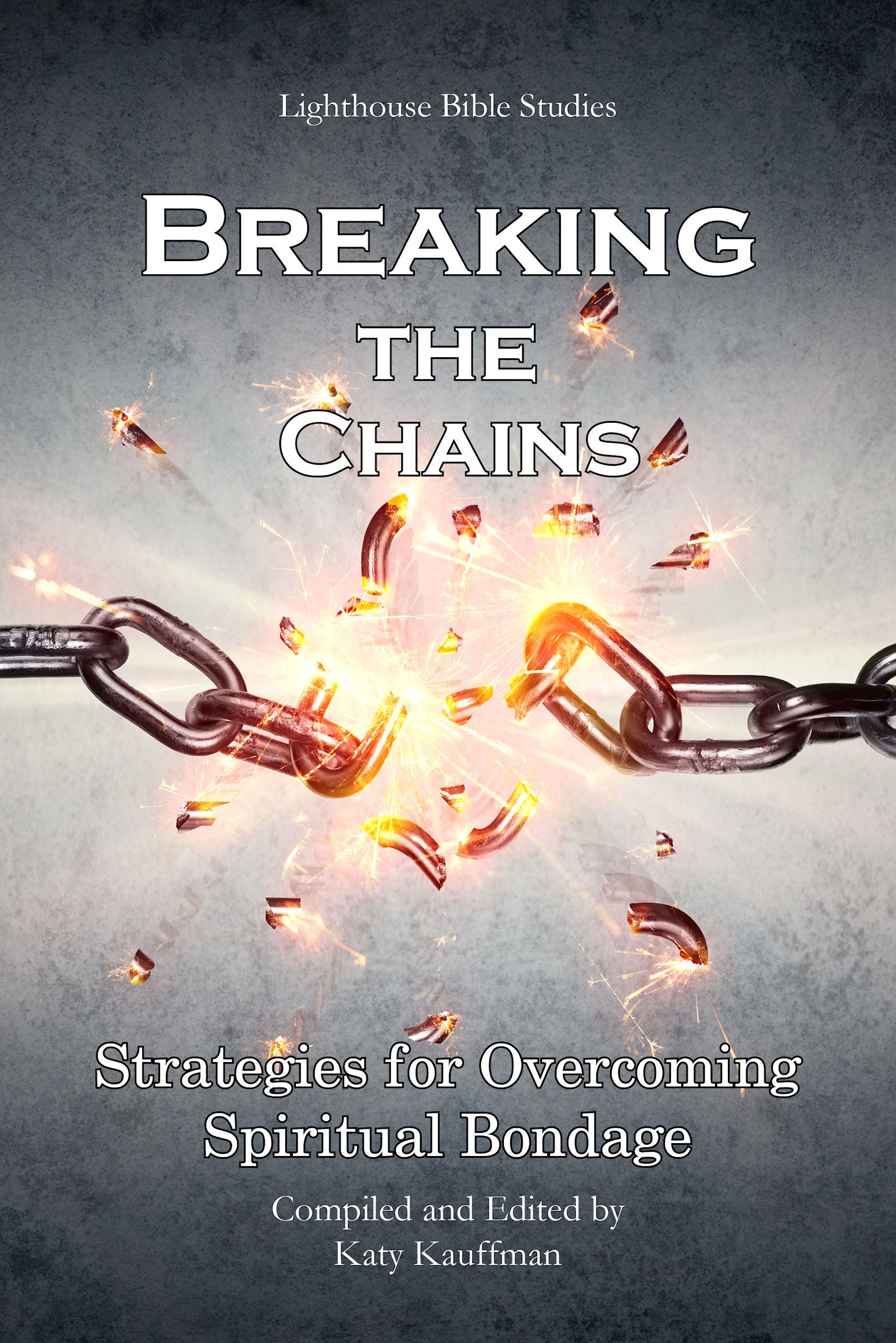Disarming Prejudice

December. I thought it was a unique name. Before our church group went to inner city Memphis, Tennessee, I had never met a girl with that name. That night our group joined forces with a church to share the gospel in their neighborhood and to have a Vacation Bible School. Their members didn’t share the same color “tent” as we did. They were black, and we were white.
I was worried about being in the inner city at night. But the church was bright inside, not just from its lights, but from the light that shone from the people’s faces. They greeted us with joy and hospitality. At 13 years old or so, I didn’t have too many friends who had a different skin color. The congregation showed me we were alike — we all loved God and wanted people to know Him. The fears and stereotypes that stemmed from news reports were disarmed that night.
Prejudice is an ugly monster that can be fueled by fear, misunderstandings, ignorance, and generational perspectives. This monster still lives in our country. And it is deadly.
Even if prejudice is not something you struggle with, consider praying these strategies for the American communities that still reel from prejudice’s hurtful vendettas. Respect, honor and justice start with each of us choosing God’s ways of thinking, feeling and acting.
5 Strategies for Disarming Prejudice
1. Get to know someone who has a different skin color.
Meeting December and having friends who don’t share my skin color have shown me how much we have in common. It has taught me that we think alike and we want the same things out of life. The more we know people from different ethnic and cultural backgrounds, the more we discover that souls don’t have a skin color.
2. Disarm lies with God’s truth—He created all souls with equal value and dignity.
We all are made in the image of Almighty God (Genesis 1:26). We all have personalities, feelings, dreams, choices and responsibilities. We are all of the human race. God knew each of us before we were born and He fashioned us Himself (Psalm 139:13-16). When it comes to human beings, “less than” is not in God’s vocabulary.
3. Embrace compassion instead of meanness.
The Good Samaritan in Jesus’ parable didn’t let cultural differences keep him from helping someone who desperately needed it (Luke 10:25-37). Although two religious leaders passed by a man who had been beaten and was bleeding on the side of the road, the Samaritan stopped. And he was the one who was always the object of prejudice! When we need empathy, we don’t want our skin color to get in the way of compassion.
4. Look for ways to build bridges.
Simple acts of kindness can show that we have God’s love for one another and we belong to Him (John 13:35). I love seeing pictures on social media of policemen spending time with children (black or white) and laughing with them. Those kids are likely to grow up seeing policemen as trustworthy. Acts of love like these can bridge a gulf of mistrust and build sound relationships.
5. When you have reason to be afraid, put your trust in God and do the good you know to do.
Maybe the area in which we live is subject to prejudice, fear and violence. In those places, we can ask God for help and protection as we go about our daily lives, and do the good He has told us in His Word to do. We can see people (really see them), care about them, show respect, pray, give, use wisdom and caution and pray some more. We can join forces with other people who are like-minded to cover our city with prayer and good deeds.
People are people. They laugh, cry, hurt and have victories. We all need God, His Word and His love. What part will you have in healing divides and disarming prejudice where you are? Will you join me in covering our country with prayer and living for God so that prejudice finds no home in any of our hearts? People are precious. With wisdom and love, we can live like they are.
Copyright © 2017 by Katy Kauffman, Breaking the Chains: Strategies for Overcoming Spiritual Bondage (Buford, Georgia: Lighthouse Bible Studies, 2017), 66-69. Adapted for CBN.com. Used with permission.






